7 Reasons Why We Love English Literature
By: Teodora Gheorghe

7 Reasons Why We Love English Literature

The Bard - National Portrait Gallery, [Public Domain], via Wikimedia Commons
Why Do We Love English Literature?
As a passionate reader, I have often pondered on the reasons why certain literary works have a more impressive impact on the reader than others. From Shakespeare to J. K. Rowling, English literature has fascinated readers from all over the world. If you ask anyone to name five major movie adaptations of famous books, they will most likely mention a movie inspired by an English novel.
After fumbling through the pockets of my mind, I have come up with what I believe to be seven distinguishing traits of English literature, which, in my humble opinion, contribute significantly to its everlasting charm.
1. The Great Opening Lines
Luring the reader into your story right from the beginning is not always an easy task. These English writers surely knew how to do the trick.
- "It is a truth universally acknowledged, that a single man in possession of a good fortune, must be in want of a wife." Jane Austen: Pride and Prejudice
- "It was a bright cold day in April, and the clocks were striking thirteen." George Orwell: Nineteen Eighty Four
- "Miss Brooke had that kind of beauty which seems to be thrown into relief by poor dress." George Eliot: Middlemarch
It was a queer, sultry summer, the summer they electrocuted the Rosenbergs, and I didn't know what I was doing in New York." - The Bell Jar
— Sylvia Plath

2. The Tragic Love Stories
A love story without a drop of sadness in it is utterly dull. We don’t want to read about annoyingly happy couples going about their annoyingly happy lives. We wish to immerse ourselves in drama, to find an emotional connection with the main characters, to discover a kindred spirit who has experienced the same heartaches as us. Fortunately, English literature abounds in such soul-stirring stories.
- That is why we adore Romeo and Juliet. If Shakespeare had made them elope instead of taking their own lives, the play would have almost undoubtedly lost plenty of its admirers.
- Remember Heathcliff, the gypsy boy who sweeps spoiled and rich Cathy off her feet? What could be more exciting than a forbidden love affair that ends up in death and despair? (To say nothing of the ghosts). Wuthering Heights must be one of the most bloodcurdling, hauntingly beautiful Gothic novels of the 19th century.
- And, my favorite, the cherry on the cake... uhm, I mean on top – the tragic story of Miss Havisham from Great Expectations . Even if the old spinster is a bitter woman with a fervent wish to take revenge on the male species, it’s simply heartbreaking to envision her wearing the same wedding dress from the day her lover jilted her at the altar and sitting at the same table, filled with rotten what-used-to-be food. After all, she only wanted to love and be loved in return.
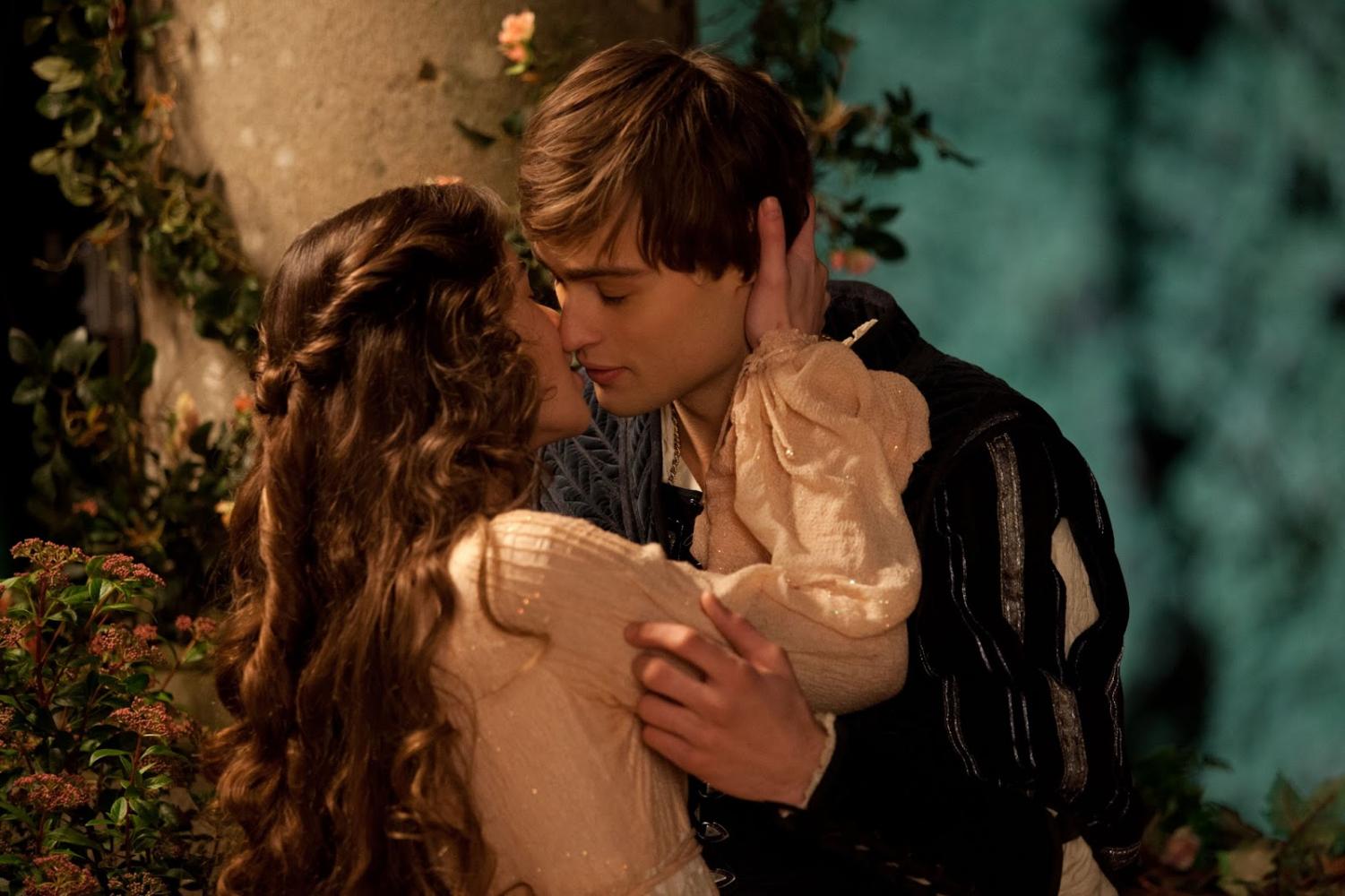
3. The Dashing Men
They seem indifferent, even cold-hearted. But this is exactly what makes them so charming and sexy. Women often fancy a difficult conquest.
- Mr. Darcy is the typical Jane Austen male character: extremely high on the social ladder, lots of money, a good name, handsome and arrogant, but not without strong moral values. At first, he makes Elizabeth Bennet loathe him because of his interference with her sister Jane’s relationship with Mr. Bingley. Plus, he is cynical and is a fan of tongue-lashing, so not exactly the romantic type. In time, however, Elizabeth realizes her true feelings for him.
- Edward Rochester , the Byronic hero from Jane Eyre , hasn’t had much luck in love, having been forced into an unwanted marriage with Bertha Mason, an insane and violent woman. When Jane Eyre meets him for the first time, Rochester accuses her of bewitching his horse to make him fall. He is an austere man who doesn’t talk much and when he does, his words are usually harsh. Jane is intrigued by his mystery and falls madly in love with him. Women are caring by nature, they have this healing quality. What better way to melt a frozen heart than by enwrapping it with warm love?
- Last but not least, I will name Henry Tilney , the enigmatic clergyman from Jane Austen’s Northanger Abbey , who draws the attention of seventeen-year-old Catherine Morland, who is fascinated by Gothic novels. Unlike the other two aforementioned heroes, Tilney is a somewhat mellow man, but also sarcastic and with a penchant for light flirtations. He always means more than he says and seems to enjoy arousing Catherine’s curiosity, which, of course, is the ideal recipe for making a girl fall in love with you. At least in the English novels.
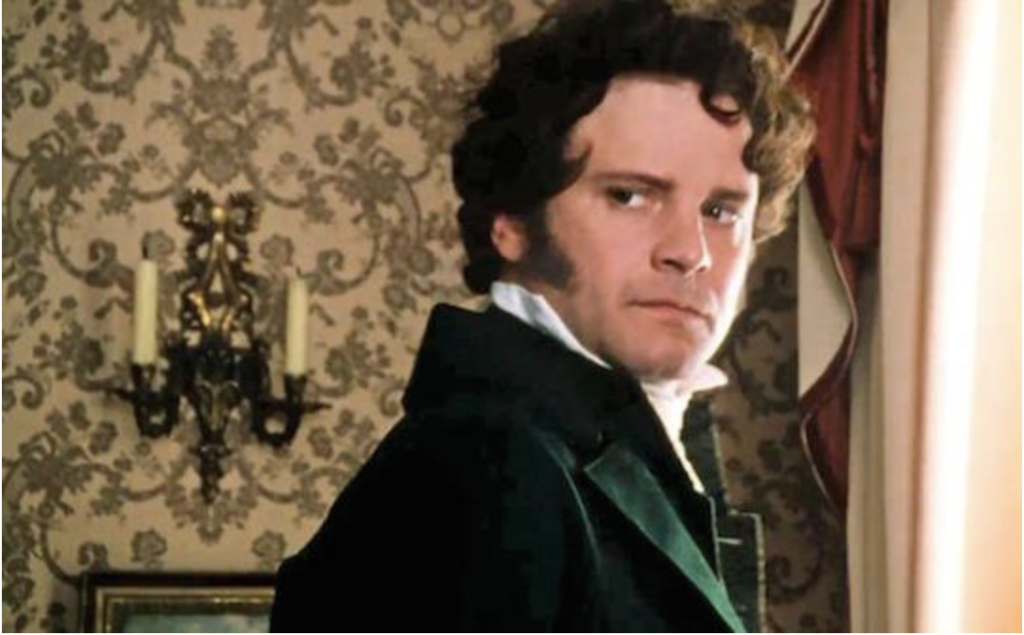
4. The Powerful Women
Powerful women have always made a great entrance on the English literary stage. Their prestige is not uncommonly associated with witchcraft, but hey, witches can also be good-natured and perform benevolent deeds.
- Lady Macbeth is one of the first notorious female characters whose actions and thoughts have been linked to witchcraft. She is an antagonist, yet her role in the play is notable nonetheless. She is the evil force behind Macbeth’s decision to murder King Duncan, orchestrating the crime with an undeniable cleverness and a vixenish persuasiveness. She is highly intuitive, possessing a sharp knowledge of her husband’s mind and weaknesses, which she eventually poisons with cogent arguments. Lady Macbeth has little to be admired for, but the psychological intricacies of her gloomy personality have always incited interest in the minds of both the literary critics and the Shakespeare aficionados.
- Éowyn, one of the few female heroines from J. R. R. Tolkien’s Lord of the Rings , is a beautiful, tall, golden-haired, grey-eyed woman. Idealistic and noble, she sacrifices her own happiness to care for her uncle. At the same time, she honors her responsibilities as a shield-maiden. She proves her bravery by disguising herself as a man and taking on a new identity as Dernhelm. During the battle of the Pelennor Fields, she confronts Witch-king of Angmar, Lord of the Nazgûl. Angmar has a 1,000-year-old prophecy on his side. It foretells that the Witch-king would not fall "by the hand of man". Tough luck – Éowyn reveals herself as a woman and then kills the Witch-king. ( Y ou can also watch the scene from the movie ) But this is not the only instance in which she proves her bravery. She has the courage to serenely accept the fact that Aragorn cannot return her feelings. Instead of crying rivers of tears, she toughens up and embraces her duty towards her people.
- Hermione is one of the twinkling stars of the Harry Potter saga. She is not only the best student in Harry's year, but she owns ten O.W.L.s – nine Outstandings and one Exceeds Expectations. The intellect and skills of sagacious Hermione overshadow those of almost all of the other students. She is a very talented witch and the first one to be able to cast non-verbal spells. Levelheaded and sort of a bookworm, Hermione doesn’t have a lot of friends. She tends to be bossy and a bit overbearing, but with time, Harry and Ron, her best friends, discover her loyalty and compassionate heart, as she saves their lives numerous times.
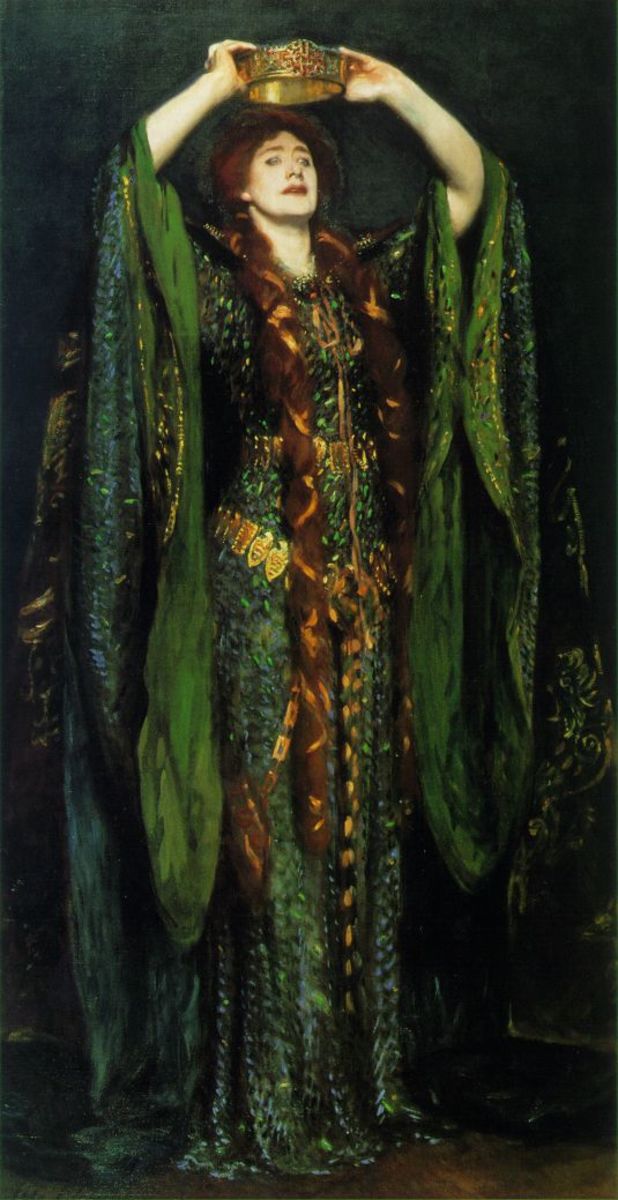
Ellen Terry as Lady Macbeth John Singer Sargent [Public domain], via Wikimedia Commons
5. The Monsters
Monsters and magical creatures inspire us to dream of far-away realms where the impossible becomes possible and where our imagination takes us on mesmerizing journeys. No matter if they’re really nasty or simply misunderstood, we love monsters in the way we love horror movies. It’s all about the thrill. The outstanding English fantasy novels of the 20th century would not have been the same without their monsters. They are the necessary darkness that the heroes must overcome in order to enjoy the sweet taste of glory. Dragons, centaurs ghouls, dementors, trolls, orcs, goblins, gothmogs, wargs and fire-drakes – these are only a few of the monsters which populate the fabulous worlds where wars are waged against forces beyond our wildest nightmares.
Perhaps the best-known monster of the English literature is the hideous, yellow-skinned giant who is mistakingly thought to be called Frankenstein. Actually, that was his creator’s name. Mary Shelley did not endow her monster with a name. However, if we regard the giant as a twisted alter-ego of Victor, the name confusion is somewhat justifiable. Frankenstein’s creation is a masterpiece – it not only articulates words, but has genuine human emotions. Yet Victor rejects it, forcing the pitiful monster to find refuge beside a remote cottage. Its encounter with the real world brings it (or should I rather say him ?) countless disappointments and inflicts pain on its originally pure heart. Its anguish makes you wonder... who is the real monster?

Orc getting ready for battle - Antoine Glédel, CC BY-SA 3.0, via Wikimedia Commons
6. The Witty Humor
There is hardly anyone who hasn’t read Alice in Wonderland and its sequel Through the Looking Glass . In a strange universe where absurdity represents the governing reality, Lewis Carroll juggles with chaos and order in a unique manner. The innocent humor is accompanied by a subtle irony pointing to the rigidity of social conventions. Carroll’s humorous treat includes play upon words, poems, nonsensical phrases, eccentric characters and quirky twists in the story.
In the famous poem "Jabberwocky" from Through the Looking Glass , the words seem to have gone completely bananas. Here’s an example: "Twas brillig, and the slithy toves/Did gyre and gimble in the wabe;/All mimsy were the borogoves,/And the mome raths outgrabe."
- Alice’s conversation with Humpty Dumpty is hilarious for both children and adults. Humpty misconstrues everything Alice says, which makes the dialogue resemble the disrupted speech of a loony.
"How old did you say you were?"
Alice made a short calculation, and said 'Seven years and six months.'
"Wrong!' Humpty Dumpty exclaimed triumphantly. 'You never said a word like it!"
"I thought you meant 'How old are you?"' Alice explained.
"If I'd meant that, I'd have said it," said Humpty Dumpty.
Oscar Wilde didn’t give a flying fig about many things. He was flamboyant and his humor was often regarded as sexist, which triggered controversies on a social level, making many of his contemporaries regard him as a bothersome fellow. However, his brilliant writings and remarkable wit have gained him an indisputable recognition worldwide. There is something about Oscar Wilde that absolves him of any possible guilt.
Some Oscar Wilde quotes:
"If you are not too long, I will wait here for you all my life."
"Bigamy is having one wife too many. Monogamy is the same."
"I can resist everything except temptation. "
"Always forgive your enemies; nothing annoys them so much."
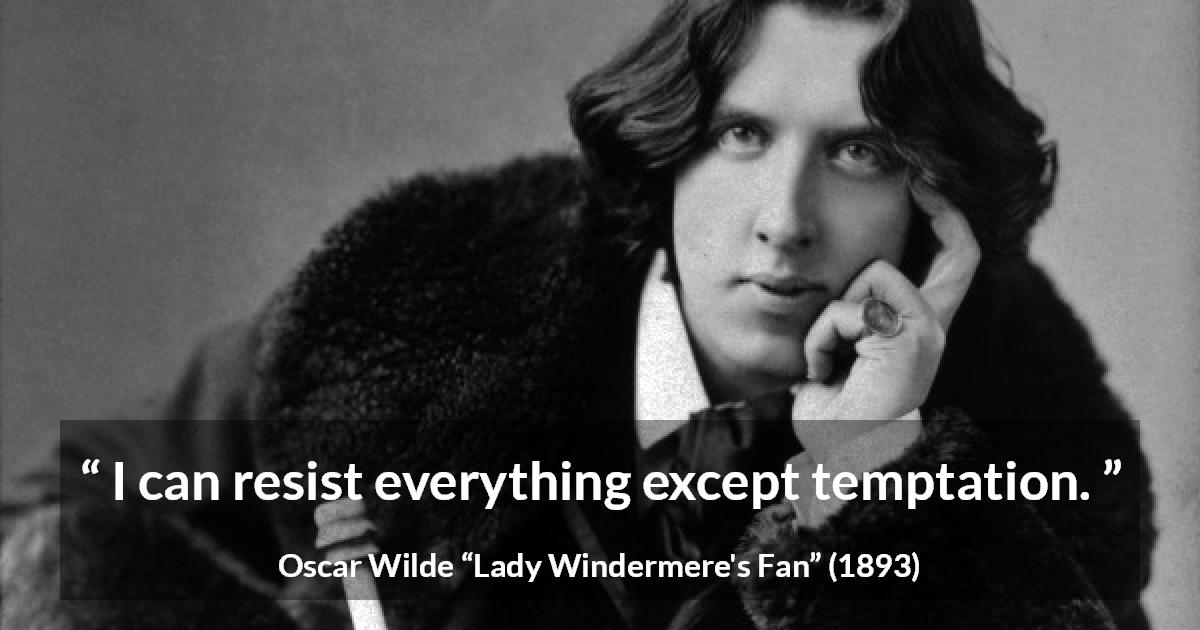
7. The Heroes With a Poor Social Background
Charles Dickens hit the literary jackpot with his social novels Oliver Twist and David Copperfield. His satire shows London in a whole new light, a bleak one I might add, a place haunted by the an all-consuming injustice. The world of the rich lacks morality and exploits the working class in the cruelest ways. The orphan, despised and bullied, is thrown into life’s maelstrom and forced to make a living by begging, stealing or associating himself with characters bearing a dingy reputation.
However, he overcomes all obstacles, grace to his noble heart and endurance, which makes him a true hero and an example of how to succeed even in the direst of circumstances. Oliver Twists escapes from the claws of bandleader Fagin and eventually ends up in the care of Mr. Brownlow, Oliver’s paternal half-brother. David Cooperfield is also rewarded for his suffering (his stepfather’s punishments, the horrors of Salem House boarding school and having to move from place to place) and marries the woman who had always loved him and, well, lives happily ever after.

an old drawing of Oliver Twist - By James Mahoney, [Public domain], via Wikimedia Commons
The Code of Conduct and Terms of Service must be complied with.
Any comment posted about politics or religion not relevant to the English Literature articles that are posted will be deleted.
The administrator reserves the right to delete any comment he considers to be offensive, off topic or of no value.
Videos or images or links to sources that the Administration cannot open must be described or explained when requested or they will be deleted.

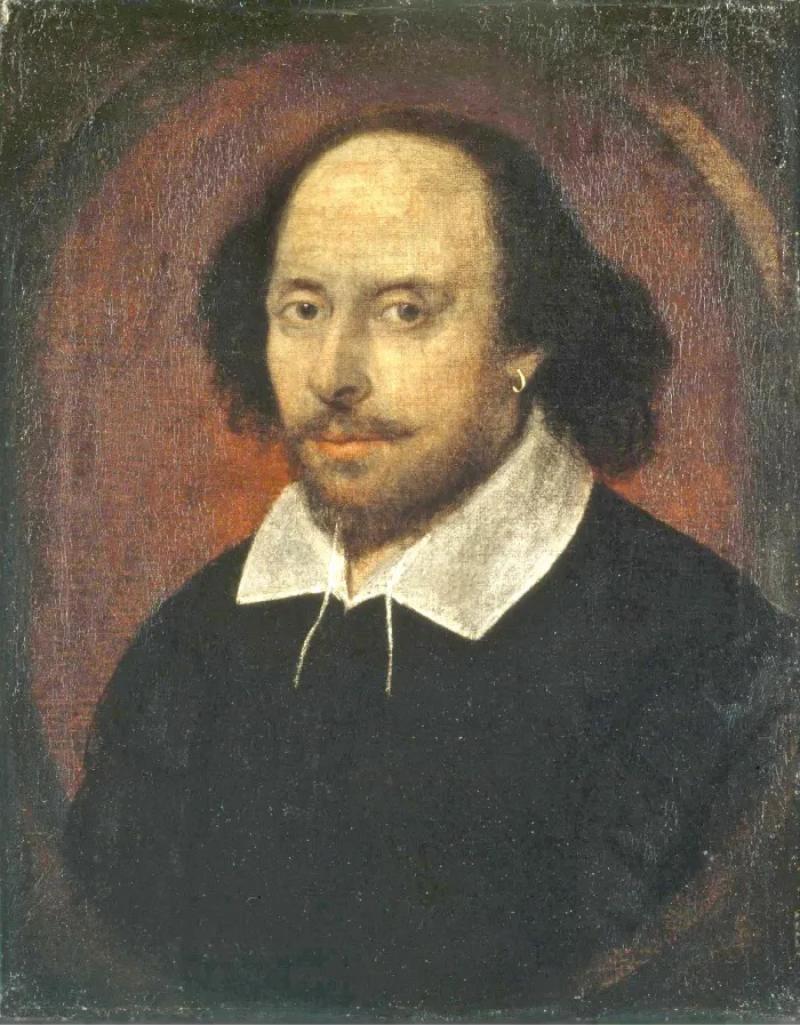




What made me a lover of English Literature? Without realizing that it was training me to love it, I read voraciously Sci-Fi as I was just on the way to being a teenager - I devoured the Sci-Fi pulp magazines my brother had bought. But perhaps more exactly, I trace it back to grade 11 - third year of high school. Miss Dixon, our English Teacher required us to read and provide a book report on Pride and Prejudice. I was taken by what seemed to me to be an archaic use of the language, and as well a view of the past - the Regency Period of England, the manners, the customs, and I wrote a book report in which I said that in my opinion both Lizzie and Darcy exhibited at one time or another both pride and prejudice. Even though that did not please the teacher who obviously disagreed with me and gave me a shitty mark, I still think I was right. That also got me reading more widely, and so I majored in English Literature to achieve my B.A., and used my skill in the language to further a successful career in Commercial Law and eventually to experience the joy of actually teaching English to Chinese high school students.
Others are bound to have other reasons for a love of English Literature - if so, why not tell us your story here?
I know I'm not the only one who loves English Literature. I wish others could detour their minds away from politics and guns to reach back into their memories of classics and tell us of them. Here are a couple of mine.
I thought of another aspect that the author could have used - heroic sacrifice, and the best example of it that I can think of was in Dicken's Tale of Two Cities, in which Sidney Carton sacrifices himself to take the place of the love of his life's love at the guillotine, and what about Hemingway's For Whom the Bell Tolls wherein Robert Jordan stays behind to ward off the pursuers so that Maria and the others could escape to safety?
I think back to the best teacher I had in High school Mrs. Rehm (Literature) - she taught me to love reading even when it was hard and I still do.
Chaucer, Dickens, Hardy, Swift, Milton, Orwell, Eliot and others
There was always more to the story than just the literal meaning of the words and you needed to read, reread, discuss and perhaps reread again to truly appreciate some of the great works.
You're very well read, quite different than many on this site, which explains to me why you appreciate what I post.
I often watch movies I enjoy more than once or even twice or more because every time I do I might notice something I missed before, or something I had seen the first time near the beginning becomes more meaningful when I watch it again. The same goes for reading books.
My favourite teacher wasn't Miss Dixon from grade 11, it was Mr. Steele from grades 12 and 13 (back then Ontario had a grade 13, 5th year of high school, so only 3 years of university were required to get a Bachelor\s degree, but that's no longer the case - Ontario is now the same as everywhere else). Mr. Steel was my Mr. Chips.